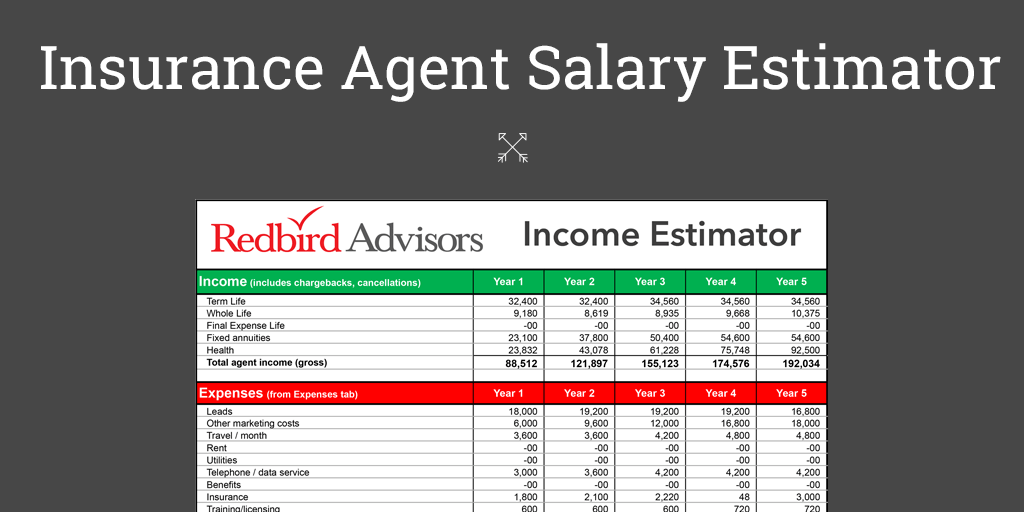
Just like other milestone birthdays when you turn 21, 30 or 50 years old, turning 65 represents an important rite of passage in many ways. If you don’t feel like it already, 65 is pretty much the age when you are officially christened as a senior citizen.
When you turn 65, it also marks the time you become eligible to enroll in Medicare. Medicare is a health insurance program funded by the government and pays for a variety of health related medical costs. It is made up of four parts:
Part A covers home health care, inpatient hospital stays, nursing and hospice services. If you are a permanent resident of the United States, you will automatically be enrolled in Medicare a few months before your 65th birthday.
Part B pays for doctors’ fees, outpatient care, some preventative medical services and home health services. If you are enrolled in Part A, you can enroll in Part B but you will need to pay a monthly premium.
Part C is also known as the Medicare Advantage Plan. Under Part C, you are enrolled in Parts A and B, but your plan will be administered by a private provider. The key to Part C is that if you go this route, plans may offer better benefits than those offered by Medicare directly. Those added benefits may include things like vision, dental, hearing and wellness programs, among others. You will need to also pay a premium for Part C if you choose to go that route.
Part D specifically focuses on prescription drug coverage and is designed to supplement Part A and Part B coverage. You also pay a monthly premium for Part D coverage.
Because you are enrolling in Medicare, as well as many other changes that may be taking place in your life, turning 65 is also a perfect time to take stock of your other “quality of life” protection investments.
If you have a will or a trust, now is a perfect time to review them and make sure they fit with your estate plans so that you can rest easy knowing your heirs are taken care of.
Another important thing to do is to review your life insurance, and if you are deficient in your coverage, you should consider buying a whole life or term policy to protect your assets.
Whole life insurance is the most basic form or cash-value life insurance. This means that a person can accumulate funds as regular premiums pay insurance costs while also contributing to a person’s personal equity growth in a separate account where interest accrues tax-free.
Term life insurance pays a death benefit when the insured dies during a specified time frame. It has a clearly defined beginning and end date.
Buying or adding life insurance at this stage of your life makes sense for a lot of reasons.
As you get older, unless you are the extreme exception to the rule, you are going to be prone to encountering health issues more frequently, some large and some small.
And while Medicare may cover many of these expenses, along with any private retiree insurance you may have, there could be instances where there are gaps in your coverage, or policy limits may be maxed out. If you pass away, instead of leaving your heirs an estate you worked all your life to build, you could be leaving them with a sizeable debt of medical bills instead. A life insurance policy will protect your heirs from having to dismantle your estate to pay for these potentially costly expenses.
Another possible benefit of buying life insurance at this age is that some policies offer Accelerated Death Benefits (ADBs). ADBs mean that a person can get a tax-free advance on a life insurance policy while they are still alive under certain circumstances. Generally, this is when a policy holder is terminally ill, has a life-threatening diagnosis, such as kidney failure or AIDS, or they require a high level of long-term care services.
Also, obtaining a life insurance policy when you turn 65 and are in reasonably good health will also keep your premiums down. Again, as you get older and develop more health problems, finding coverage could become very expensive, or you may wind up as completely uninsurable.
When you lock in a policy as you reach Medicare age, you are still at an age when you can find life insurance, and if you are in reasonably good health, the premiums will not place an undue financial burden on you.
Buying a life insurance policy at age 65 also addresses the issue of the three most important financial needs a person’s family will face if they die unexpectedly.
- Housing expenses – when a person dies unexpectedly, one of the biggest concerns facing surviving spouses is whether or not they have adequate resources to protect their home and their ability to keep living in it. Unless a mortgage has been paid off, the very real possibility may exist that in addition to dealing with the death of a loved one, the surviving spouse may face the traumatic upheaval of having to move to an unfamiliar home or a new community.
- Unpaid final expenses – in the sudden death of a family member, there will always be outstanding expenses of all kinds. The biggest and most immediate will be the costs of a funeral, which can be relatively simple and inexpensive, running all the way to very ornate and costing thousands of dollars. It is a personal choice, but it can be a costly one. In addition, an unexpected death will probably leave a certain amount of unpaid medical bills, credit card balances, attorney fees and other similar one-time and recurring costs to be dealt with.
- Replacing lost income – when a loved one passes away suddenly, if they were still working, their income is now gone. Social security and private pensions may cover a loss of the person’s income, but that is not always the case.
In addition to buying a life insurance policy, it might also be advisable to purchase long-term care insurance as well. If you become ill for an extended period of time, long-term care insurance will prevent your entire asset base from being wiped out. Illnesses such as cancer, Alzheimer’s, diabetes, Parkinson’s Disease and many other conditions can linger for years, slowly sapping the life from a person and simultaneously sapping the financial strength of a family in the process.
Some people are reluctant to purchase long-term care insurance, feeling that the money spent on premiums will not be worth it if they do not use it. To resolve this reluctance, some insurance companies have started offering a combined long-term care and life insurance policy into a single offering. In effect, an insured person is going to use the policy one way or another.
Turning 65 is truly an accomplishment and one to be celebrated, but at the same time, smart people know that to protect their golden years, it’s best to take pro-active steps, such as buying life insurance, to ensure that those golden years stay golden for as long as possible.


